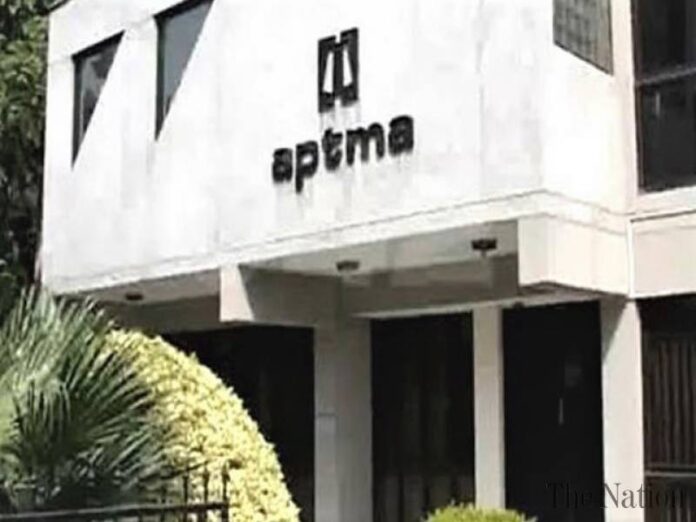The All Pakistan Textile Mills Association (APTMA) has called for an immediate ban on the import of yarn and cloth under the Export Finance Scheme (EFS), warning that the country’s textile industry is on the brink of a severe crisis.
Speaking at a press conference in Islamabad, APTMA Chairman Kamran Arshad, along with key members of the Pakistan Cotton Ginners Association (PCGA), outlined the dire situation that has led to the closure of over 120 textile mills. According to Arshad, this is due to the government’s decision to remove the sales tax exemption on locally sourced inputs under EFS, which has created an uneven playing field for domestic manufacturers.
Since the removal of the exemption, local mills have been forced to contend with a disparity between the cost of imported and local raw materials. Imports of textile raw materials have surged, leaving local suppliers at a disadvantage. Despite the 18% sales tax being technically refundable, the lengthy and often incomplete refund process has further exacerbated the problem, particularly for small and medium-sized enterprises (SMEs), who face high compliance costs.
The fallout from this policy change has been significant, with more than 100 spinning units, representing 40% of the country’s total capacity, closing down, and many remaining mills operating at less than 50% capacity.
APTMA estimates that around 6 million families depend on the textile sector for their livelihoods, and with the closure of mills, many are at risk of losing their jobs.
The situation is further complicated by a downturn in Pakistan’s cotton farming. Without a support price for cotton, local farmers are turning to water-intensive crops, further undermining the country’s cotton economy.
Cotton production has fallen to a historic low of 5 million bales and is expected to decline further, which could lead to severe consequences for rural incomes, especially for women involved in cotton picking.
The APTMA also raised concerns about a growing trade imbalance, as imports of cotton, yarn, and greige cloth have surged by $1.6 billion, outweighing a $1.5 billion increase in textile exports. This has widened the trade gap, and with the United States threatening to impose a 29% tariff on all Pakistani exports unless the trade deficit is addressed, APTMA believes that urgent policy changes are needed to avoid further damage to the sector.
The association is calling on the government to reinstate sales tax exemptions on local raw materials, ban imports of yarn and cloth under the EFS, and take measures to revive the domestic spinning sector.
APTMA suggests that such changes could increase foreign exchange earnings by $1.5–2 billion and help stabilize the local textile industry, which is facing unprecedented challenges.




